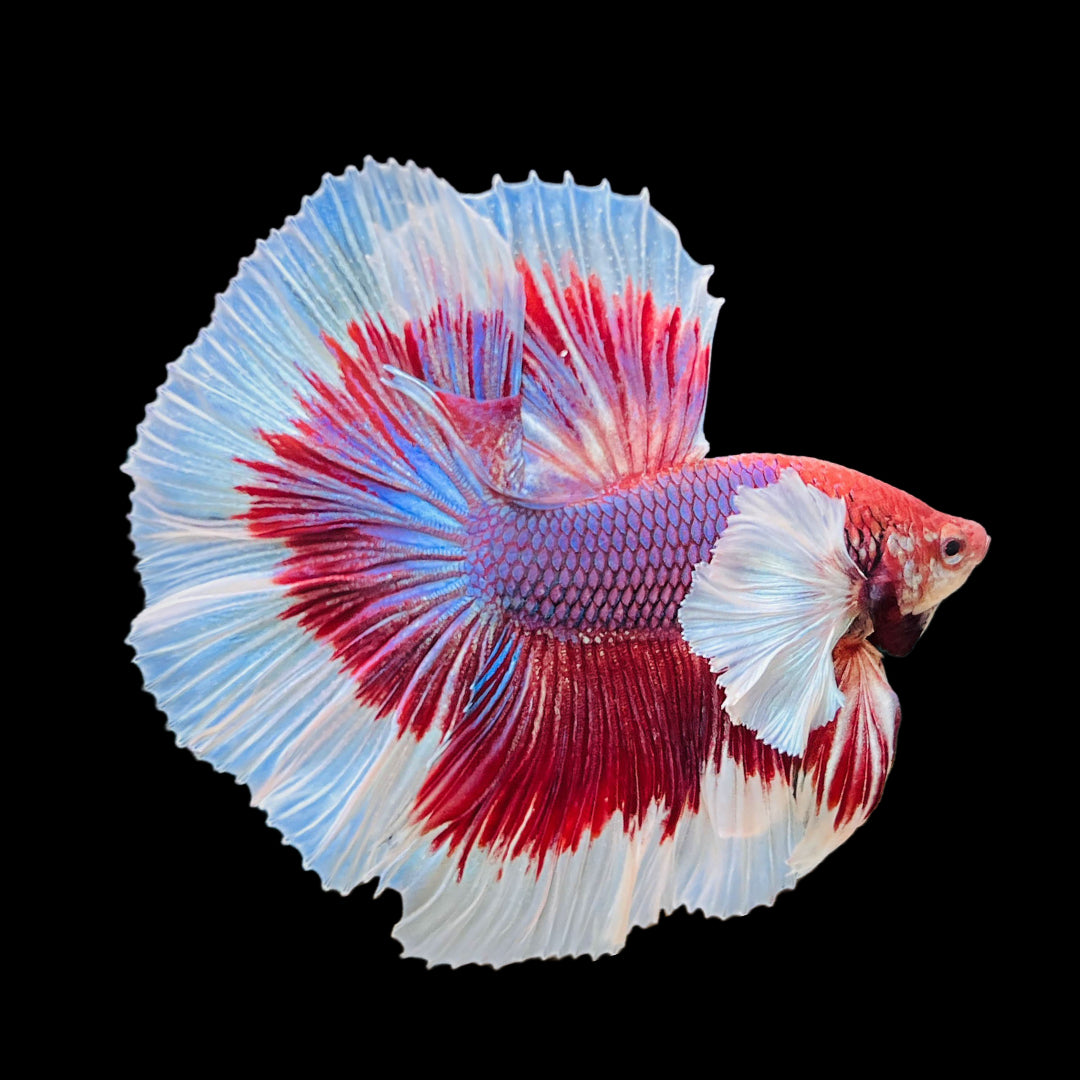Usual Betta Fish Diseases and Exactly How to stop Them
Usual Betta Fish Diseases and Exactly How to stop Them
Blog Article
The Ultimate Overview to Betta Fish Treatment: Essential Tips for Maintaining a Healthy And Balanced and Flourishing Fish Tank Setting
Reliable Betta fish treatment demands a detailed understanding of their distinct ecological and physiological needs. Establishing an appropriate aquarium begins with selecting the right storage tank dimension and making sure ideal water conditions, which are essential for the health and wellness and wellness of your Betta.
Picking the Right Storage Tank
Choosing the appropriate tank for your Betta fish is critical to ensuring its health and well-being. Bettas flourish in settings that resemble their all-natural environments, which commonly are composed of calmness, cozy waters. A container dimension of at the very least 5 gallons is advised to offer adequate swimming area, as smaller sized storage tanks can bring about tension and wellness concerns for these vivid fish.
When picking a storage tank, take into consideration the tank's form and purification system. A rectangular tank is better to a bowl, as it provides extra surface for oxygen exchange. In addition, a trusted filtering system is important to keep water high quality and minimize the frequency of water changes (betta fish). It's crucial to select a filter with a gentle flow, as Bettas are not solid swimmers and might have a hard time against strong currents.
Temperature policy is another vital aspect; Bettas like water temperatures in between 76 ° F and 82 ° F. Spending in a good heater will certainly make sure that the water remains within this range, advertising a healthy and energetic way of life for your Betta. Finally, providing proper tank decors and hiding spots will certainly help reduce stress and encourage all-natural behaviors, additionally boosting your Betta's wellness.
Preserving Water High Quality
Keeping optimal water top quality is important for the wellness and longevity of Betta fish. This needs normal monitoring of different criteria, consisting of temperature, pH, ammonia, nitrite, and nitrate degrees.
The pH degree should ideally fall in between 6.5 and 7.5. Normal testing using a trusted water screening set can aid make certain these parameters remain within the appropriate ranges. Ammonia and nitrite levels should always be at 0 ppm, as even low concentrations can be toxic to Betta fish. Nitrate levels should be kept under 20 ppm to stop long-term health issues.
Normal water adjustments are essential to keeping water high quality. It is suggested to alter 25-50% of the tank water weekly, depending on the tank size and equipping degrees. Utilizing a top quality water conditioner can help remove hazardous chemicals from faucet water, making certain a risk-free atmosphere. Additionally, including a robust filtration system can aid in keeping water quality and high special info quality, giving a much healthier environment for your Betta fish.
Ideal Feeding Practices
Giving a balanced diet regimen is critical for the health and wellness and vivid coloration of Betta fish, as their nutritional requirements play a considerable role in their total well-being. Betta fish are meat-eating by nature, requiring a diet regimen high in protein. A mix of top notch pellets, frozen or online foods such as bloodworms, salt water shrimp, and daphnia can offer the essential nutrients they need.
Feed your Betta fish a couple of times a day, providing just what they can consume within two to 3 mins to stop overfeeding and keep water quality. Overfeeding can result in excessive weight and health issues, consisting of swim bladder illness. It is crucial to monitor their dietary consumption and readjust portion sizes as necessary.
Along with protein, a balanced diet regimen should include nutrients to advertise optimal health and wellness. Think about supplementing their diet regimen with high-quality flakes or pellets specifically developed for Betta fish, as these commonly have required ingredients.

Creating a Suitable Environment

Water top quality is extremely important; maintain a temperature level in between 76 ° F and 82 ° F, and ensure the pH level ranges from 6 - betta fish.5 to 7.5. Routine water adjustments of 25-50% weekly will help keep toxic substances away and make certain a stable environment
Integrating plants and hiding areas is critical, as Betta fish are normally territorial and enjoy having areas to explore and retreat. Live or silk plants, together with caves and ornaments, can produce a stimulating atmosphere.

Routine Wellness Checkups
Carrying out regular health and wellness redirected here checkups is essential for guaranteeing the well-being of Betta fish, as early discovery of prospective concerns can avoid serious illness. These check-ups ought to incorporate a complete evaluation of the fish's physical problem, behavior, and environmental variables.
Begin by observing the Betta fish for any indicators of distress, such as lethargy, loss of cravings, or unusual swimming patterns. Furthermore, inspect the fins and body for indicators of discoloration, lesions, or fin rot, which can show infections or parasites. Consistently keeping track of the water top quality in the aquarium is equally important; specifications such as pH, ammonia, nitrite, and nitrate levels ought to be preserved within optimum ranges to avoid tension and ailment.
Furthermore, consider maintaining a log of health monitorings and water top quality examinations. Timely intervention can make a significant difference in the recuperation of your Betta fish, making certain a lengthy and healthy life in a well-maintained aquarium setting.
Final Thought
In verdict, successful Betta fish treatment hinges on creating and keeping an optimal fish tank environment. By complying with these guidelines, aquarists can advertise the health and vibrancy of Betta fish, inevitably resulting in a prospering aquatic community.
Report this page